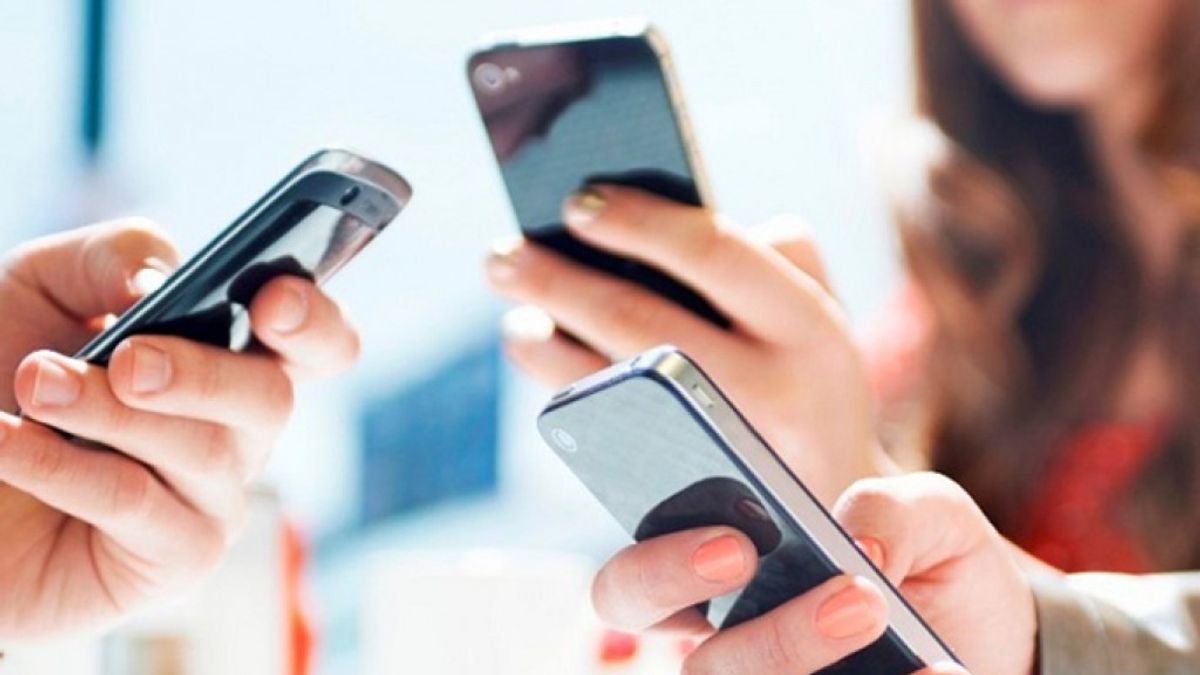JAKARTA - Our dependence on digital application technology, whether we realize it or not, has become an addiction that drowns our daily lives. The condition of addiction stems from the habit of consuming or accessing a product. From social media to online shopping. The addiction to technology can be considered a negative thing.
Before the digital age, various types of opium were easier to identify, such as cigarettes, alcohol, and drugs. However, with the advent of digital technology, the sources of opium have become very diverse and can enter a person without realizing it.
In addition to the social aspect, the convenience and practicality offered by digital technology also creates addiction. One of them is online shopping activity.
In the previous era, shopaholics would scramble for discount events at shopping centers. Now, all you need is a smartphone and internet access to have your coveted product. Especially if there is a flash sale program, online shopping applications are certainly very helpful.

Data from Digital 2021: Global Overview Report We Are Social and Hootsuite shows the duration of accessing the internet for the world's population reaches 7 hours per day, including 2.5 hours accessing social media. The high activity of someone accessing information for a long time will create a new habit.
During that time, we are in a process of adjustment that sometimes makes us uncomfortable. However, if you have reached the habit phase, you will feel comfortable to always carry out these activities. Unfortunately this new habit goes too far and dominates our daily activities, turning it into an obsession and causing addiction.
According to Chrish Stephenson, Head of Strategy and Planning at PHD Asia Pacific at the AdAsia event late last year, the convenience provided by technology, especially those based on artificial intelligence, has turned users into addicts. Because when we feel satisfied that technology has helped us, it turns out that humans are addicted to using it. Then came the tendency to become antisocial figures.
Created As OpiumDigital technology and its content was created to be an addiction, so that people continue to buy and use it.
Have we ever realized that social media has built a machine that makes us addicted? Active Instagram users will realize this social media keeps us tied to endless scrolling activities.
It is common knowledge that Steve Jobs as the inventor of Apple products does not allow his children to use the iPad. He realized it could be addictive.
The iPad was first introduced to the public in 2010, its role in the middle between laptops and mobile phones.
Psychologically, addiction to digital devices and media is due to the ease with which they can be used.
Change LifestyleScientists began researching to reveal the problem of digital addiction, in order to overcome it by directing positive activities.
We are human beings who currently live in the era of digital technology, it is almost impossible to avoid in our daily life. The most important thing that must be done is to manage this addiction if it is in an acute stage.
Then, is there a way that can be done to cure someone from technology addiction?
Psychologist and owner of the Center for Internet and Technology Addiction in Hartford, United States, David Greenfield, PhD, stated that the first is changing lifestyles in the use of digital technology. This will ultimately reduce the use of technology. In a more severe stage, even doctors have to prepare special drug prescriptions to calm tech addicts from compulsive behavior.

“This is known as a detox period and can reset the nervous system. In the next period, the behavioral pattern of using technology will decrease due to the process of identifying new activities. When it enters this stage it can be modified with treatment," said Greenfield as reported in Everyday Health (27/4/2018).
In addition to consulting a psychologist or expert doctor, those of you or those closest to you who feel like a technology addict can try the following easy things to practice at home.
For example, by placing the smartphone somewhere far from the bed so that there is a feeling of reluctance to reach it. This can be applied to device users aged children and adults.
Dependency management can also be done communally, such as exercising together or planning activities together with friends at work or at home.
Human relations with digital technology are already at the stage of dependence. However, how dependent the user is on the tool can be managed individually by each individual. It is expected that it is the user who manages the functions of the digital device, not the user who is used by the device.
The English, Chinese, Japanese, Arabic, and French versions are automatically generated by the AI. So there may still be inaccuracies in translating, please always see Indonesian as our main language. (system supported by DigitalSiber.id)









